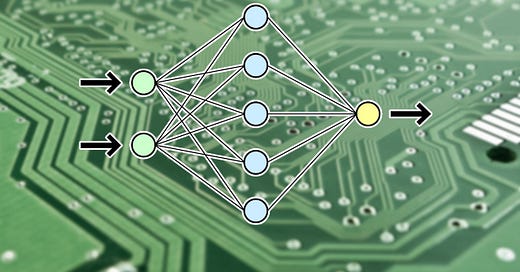AI needs more adaptive computing hardware
Many artificial intelligence innovations hit a wall when it comes to applying them to real production settings. Poor data quality, changing environments, and many other factors that do not exist in the perfect lab environments where AI models are built seriously degrade their performance when they are applied to real-world settings. The hardware that powers AI deployment has struggled to keep up with the changing world of AI.
Fortunately, the field of adaptive computing, processors and hardware that can adapt to their changing environment, can help address these needs. Two key areas of adaptive computing, field-gate programmable arrays (FPGA) and system-on-chip processors (SoC), are at the forefront of these efforts.
In a guest post on TechTalks, Nick Ni, the Director of AI Products at Xilinx, explains the challenges of AI productization and how adaptive computing can meet them. Also discusses how the barrier to programming FPGAs is lowering thanks to advances in platforms and software tools.
Read the full article here.
More interesting stuff: Read a previous piece we ran about new platforms that facilitate the deployment of machine learning models on FPGA hardware.




